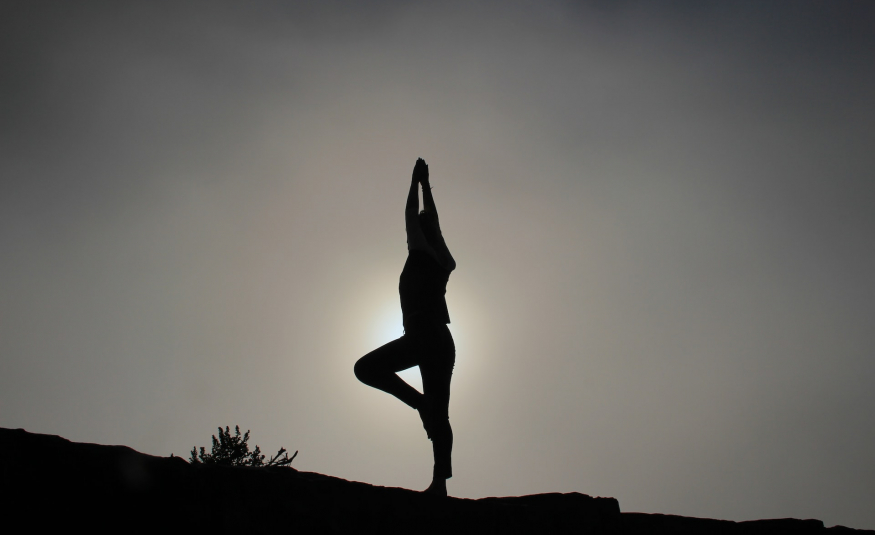Catie Owen spoke to Laura Capell-Abra, founder of UK-based Stress Matters, about how exhibition professionals can reinforce their mental health
CO: What are the key challenges to mental health the industry needs to address?
LC-A: Talent attraction and retention is one of the biggest challenges the events industry is facing. Twenty-eight per cent of UK employees left their jobs in 2021, or planned to leave in 2022, with 61% citing mental health as the reason. We also know that 67% of employees said a business’s approach to mental health and well-being would impact their choice to work there.
Everyone is trying to recruit from the same, small pool of talent and candidates are more discerning about the choices that they make.
CO: How can event professionals support their mental well-being during this tumultuous time for the industry?
LC-A: Individuals that work in the industry have learnt a lot recently and are spending more time focusing on trying to create a better sense of balance in their lives.
Overall, we have seen an increase in the number of businesses training up mental health first aiders (MHFA) and working with us on our Wellbeing Manager programme. The MHFAs are given the skills and confidence to spot mental health challenges and so are a great resource to have spread across the team.
Each UK employee, on average is costing the business £1,700 (US$1,964) per person, per year because of poor well-being and ill mental health. The businesses that are finding it easier to retain talent are those which have consistently looked to improve their team culture, not just the social side!
CO: How can the industry and delegates stay mindful of mental health at shows?
LC-A: We need to take a more well-being-centric approach to the way we organise events. As an industry, we need to ask ourselves why on every choice – is it because we have always done it this way, or is it because it is the best approach for attendees’ wellbeing?
This can be tailored: as such a large industry we have a huge amount of different personality types, situations, and styles. We can offer greater nutrition and beverage options, provide travel rest days, and build more reset time into daily agendas. Yes, these things can cost us more money, but they also don’t have to. We just need to be more creative as to the way we tackle this people challenge.
CO: How can organisers minimise the mental health impact of post-show ‘drop-off’?
LC-A: It starts pre-show. So many of us accept going into the actual show in a run-down state that means, inevitably with the adrenalin rush of the show, the post-event drop-off is an intense time. We need to create a more sustainable approach to our well-being – stress is not inevitable, it is avoidable.
To this end, Stress Matters has an approach called Thrive not Survive which details the five core areas of well-being that each individual, team and business can develop.
CO: How do different cultural approaches to mental health impact your work?
LC-A: Cultural approaches vary greatly between businesses and countries. When working internationally, being sensitive to and listening to those in the local region is hugely important. For some locations, there will be a bigger gap as to what is accepted and what is aspirational.
There is a varying level of stigma and understanding whether individuals feel comfortable sharing their current mental health is a great starting point. Identify what resources are available to individuals as there is a great range of quality and accessibility challenges that they could be signposted to.
UK-based organisation Stress Matters uses diagnostic tools to ensure that all education and engagement strategies are tailored to the business implementing them. They are accredited by both Mental Health First Aid England and the International Stress Management Association.





